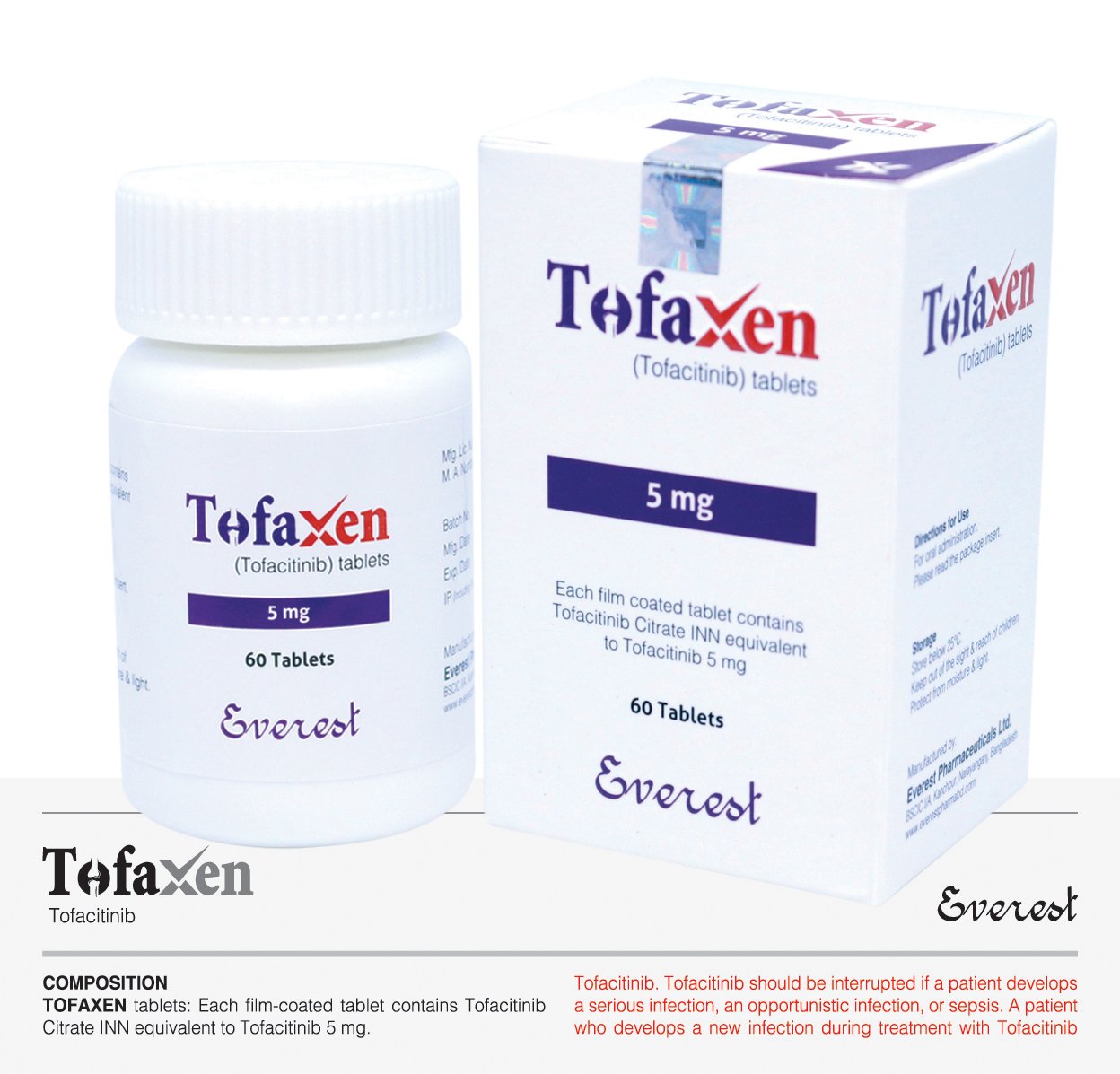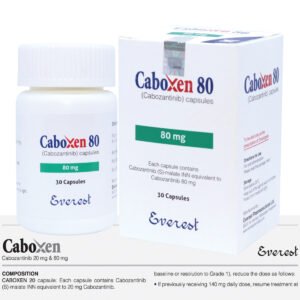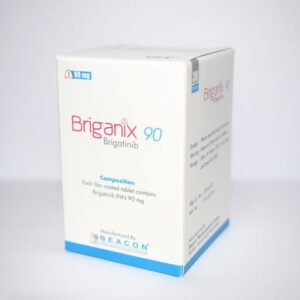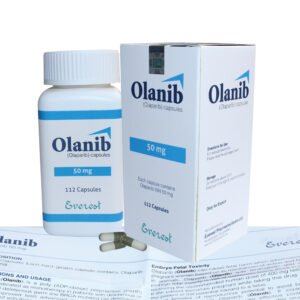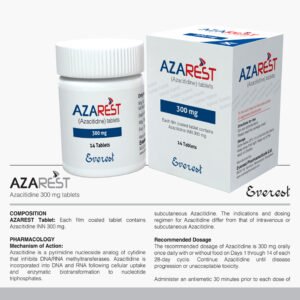Description
Buy Xeljanz (Tofacitinib) 5 mg Tablet Online
Indication: Tofaxen is approved for treating moderate to severe rheumatoid arthritis (RA) in adults who haven’t responded well to or cannot tolerate methotrexate. Additionally, it’s indicated for psoriatic arthritis (PsA) and moderate to severe ulcerative colitis (UC) in adult patients with insufficient response or intolerance to conventional therapies.
Pharmacology: Tofaxen functions as a Janus kinase (JAK) inhibitor, altering the pathways responsible for inflammation and immune responses. It targets specific JAK enzymes, particularly JAK1 and JAK3, which play critical roles in the signaling of various cytokines and growth factors implicated in autoimmune diseases like RA, PsA, and UC.
Dosage and Administration: The recommended dose of Tofaxen for RA and PsA treatment is 5 mg orally twice daily. For UC, it’s 10 mg orally twice daily for the first 8 weeks, followed by 5 mg orally twice daily thereafter. Tofaxen can be taken with or without food.
Interactions: Tofaxen may interact with medications metabolized by cytochrome P450 (CYP) enzymes, particularly CYP3A4. Co-administration with potent CYP3A4 inhibitors can increase Tofaxen levels, while CYP3A4 inducers may decrease them. Care should be taken when combining Tofaxen with these drugs.
Side Effects: Common side effects of Tofaxen may include upper respiratory tract infections, headache, diarrhea, nausea, hypertension, and elevated liver enzymes. Serious adverse effects could involve infections, malignancies, gastrointestinal issues, thrombosis, and hypersensitivity reactions.
Precautions and Warnings: Patients taking Tofaxen should be monitored for signs of infections, malignancies, gastrointestinal problems, thrombosis, and hypersensitivity reactions. It should be used cautiously in patients with a history of chronic infections, malignancies, or gastrointestinal issues and avoided in those with active infections.
Overdose Effect: In case of overdose, patients might experience worsened gastrointestinal symptoms, headache, and elevated liver enzymes. Management typically includes supportive care and symptom relief. No specific antidote exists for Tofaxen overdose, necessitating close patient monitoring.

